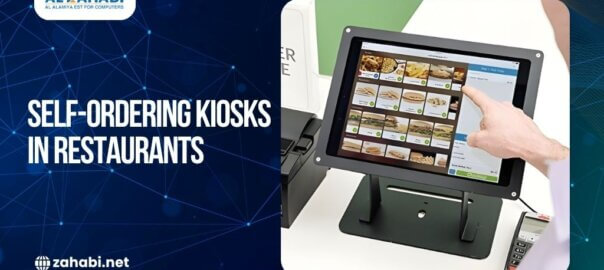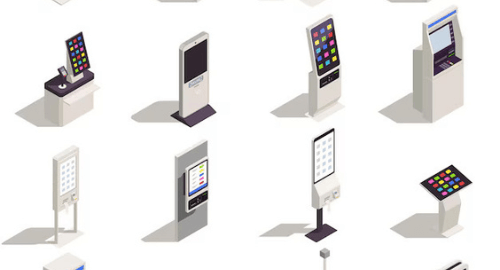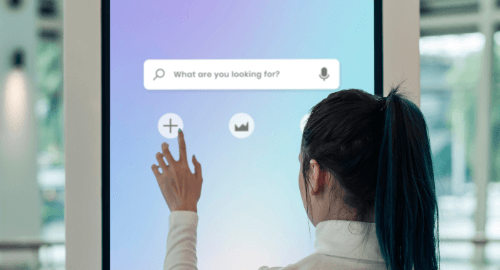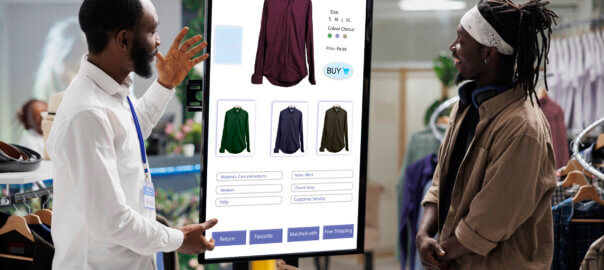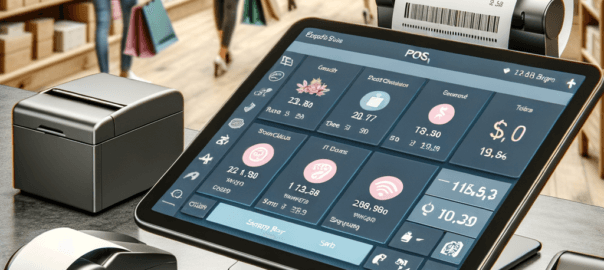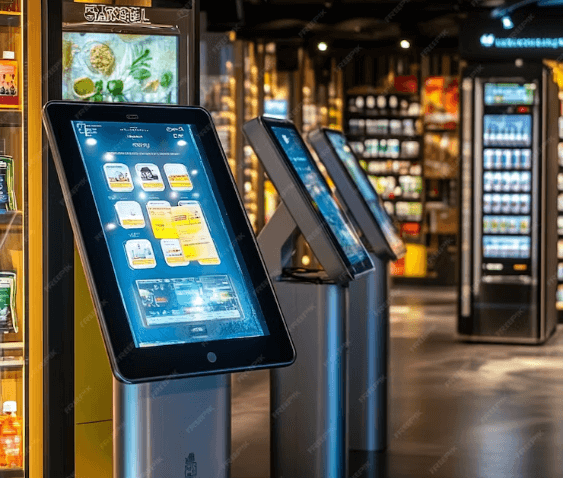
Self-service kiosks have become indispensable across various industries. These kiosk machines offer convenience, speed, and efficiency, allowing businesses to enhance customer experiences while streamlining operations. Let’s dive into the different types of kiosks you should be familiar with and how they’re transforming everyday interactions.
Self-Order Kiosks
Self-order kiosks are a game-changer in the food service industry. Imagine walking into your favorite quick-service restaurant and being able to order your meal without waiting in line or interacting with staff. These kiosks allow customers to browse the menu, customize their orders, and make payments quickly. The benefits are clear: shorter wait times, increased order accuracy, and even higher sales, as customers are more likely to add that extra dessert when no one is watching! Many restaurants have embraced this technology to boost efficiency and keep customers happy.
Check-In Kiosks
Check-in kiosks have become a staple in places like airports, hotels, and healthcare facilities. Remember the last time you flew? Chances are, you checked in using one of these machines. These kiosks help you skip the line, print your boarding pass, and head straight to security. In hospitals, they streamline the patient registration process, freeing up staff for more complex tasks. By integrating with existing systems, check-in kiosks ensure that your records are updated in real-time, making your experience smoother and less stressful.
Information Kiosks
Ever found yourself lost in a shopping mall or unsure about the exhibits in a museum? That’s where information kiosks come in. These interactive machines provide users with easy access to relevant information, whether it’s finding a store’s location or learning more about a piece of art. Information kiosks are becoming increasingly common in tourist attractions, malls, and museums, helping visitors navigate and enrich their experiences without needing to ask for help.
Bill Payment Kiosks
Gone are the days of waiting in long lines to pay your bills. Bill payment kiosks offer a convenient solution for paying utilities, fines, or other bills. Available 24/7, these kiosks are often found in places like grocery stores or shopping centers, making it easy to take care of payments on the go. This not only improves accessibility for customers but also lightens the workload for customer service representatives, who can focus on more complex issues.
Temperature Screening Kiosks
A product of the COVID-19 pandemic, temperature screening kiosks have become an essential tool for maintaining health and safety protocols. These kiosks use thermal imaging technology to quickly check body temperatures as people enter a building, ensuring that anyone with a fever is flagged before they can enter. While they’re a newer addition to the kiosk family, their role in protecting public health has made them indispensable in many settings.
Internet Kiosks
Internet kiosks provide public access to the internet in places like airports, hotels, and libraries. Whether you need to check your email, browse the web, or access online services, these kiosks offer a convenient solution, especially when you’re away from your personal devices. Depending on the location, access might be free or available for a small fee.
Ticketing Kiosks
Ticketing kiosks have become a common sight in transportation hubs, movie theaters, and event venues. They allow customers to purchase tickets or retrieve pre-booked ones without waiting in line. This not only speeds up the process but also reduces the burden on staff, allowing them to focus on providing better service.
Advertisement Displays
While not all kiosks are interactive, digital advertising kiosks are becoming increasingly popular in public spaces. These kiosks display targeted ads, promotions, and announcements, providing businesses with a dynamic way to engage potential customers. Whether it’s a special offer at a nearby store or a new product launch, these kiosks are hard to miss.
Why Self-Service Kiosks Matter
Self-service kiosks are more than just convenient gadgets—they offer significant benefits for both businesses and customers. By reducing wait times, improving order accuracy, and allowing for 24/7 service, they enhance the overall customer experience. For businesses, kiosks can lead to cost savings, better resource allocation, and valuable data collection that can inform future strategies.
Key Considerations
When implementing kiosk machines, it’s crucial to think about user-friendly design, accessibility, system integration, and security. Regular maintenance and updates are also important to keep the kiosks running smoothly and securely.
As technology continues to evolve, self-service kiosks will likely become even more sophisticated, playing a bigger role in how we interact with businesses and services. Understanding the different types available today can help you make informed decisions about incorporating these tools into your operations.

